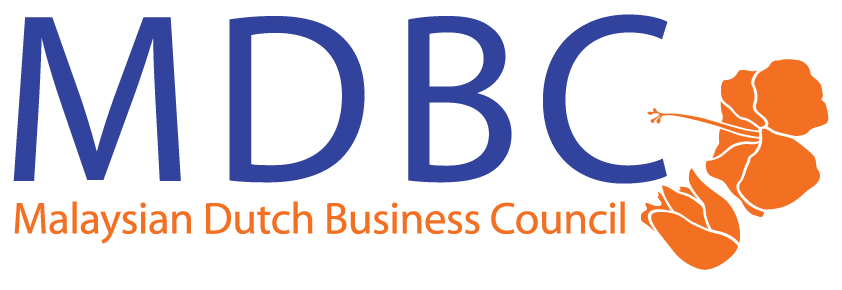ASEAN’s investment and trade landscape presents a wealth of opportunities for businesses looking to increase interactions on a business – to – business (B2B) level.
MATRADE Central, West, South Asia & Africa, and Europe & Americas Section director Jai Shankar said the region’s rapid growth and diversification of industries create a fertile ground for investment.
“ASEAN is one of the fastest – growing markets. In the past, typically, Malaysian exporters in the 70s and 80s focused on Europe and the US when venturing into international markets. However, times have changed. The growth now is largely in China, ASEAN, and Middle East. And ASEAN is a very important market for us (at MATRADE),” he told SunBiz.
Jai said it is expected that investment flow into the region is going to be substantial going forward.
Highlighting the interconnected nature of the ASEAN community, he stated that when an investment enters one member country, it creates a ripple of opportunities for businesses throughout the region.
“We are all part of the ASEAN community, so we are all interlinked. If an investment flows into Thailand, that’s essentially an opportunity for Malaysian companies. A focus on ASEAN is beneficial for us,” he added.
ASEAN groups 10 Southeast Asian countries: Brunei, Cambodia, Indonesia, Laos, Malaysia, Myanmar, the Philippines, Singapore, Thailand, and Vietnam.
The bloc stated that its biggest success in recent years has been promoting economic integration among members. It also helped negotiate the Regional Comprehensive Economic Partnership, the world’s largest free trade agreement.
At the recent launch of the New Industrial Master Plan 2030 (NIMP 2030), Minister of Investment, Trade and Industry Tengku Datuk Seri Zafrul Abdul Aziz highlighted the collaborative synergy among ASEAN countries.
“ASEAN, as a region, has been a significant beneficiary of the investment flows, as indicated by Unctad statistics. While global foreign direct investment (FDI) declined by nearly 12% in 2022, ASEAN experienced an impressive 5% increase. ASEAN as a bloc is showing positive growth in terms of FDI because of the global supply chain,” he said.
Tengku Zafrul said ASEAN countries compete within the bloc but emphasized that it goes beyond mere competition. Malaysia and Singapore, for instance, have experienced substantial investment flows between them.
“We’ve seen a lot of flows that are coming to Malaysia because of Singapore and vice versa … companies that have HQ in Singapore but they need to complement the business, they build it here (in Malaysia),” he said.
He urged ASEAN countries to collaborate and capitalize on the strength of the bloc to attract more investments as a robust supply chain in one member country can positively impact another.
“Because actually when you get one (investment), they complement each other. One part could be Indonesia, one part could be Malaysia, but if there is no supply chain in Indonesia they (investors) will never come to Malaysia,” Tengku Zafrul said.
- The Sun Daily
